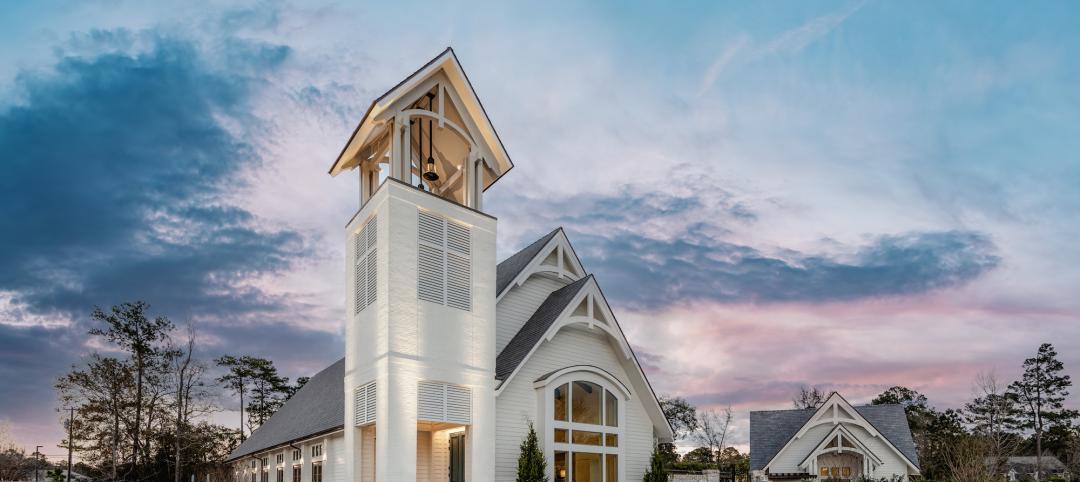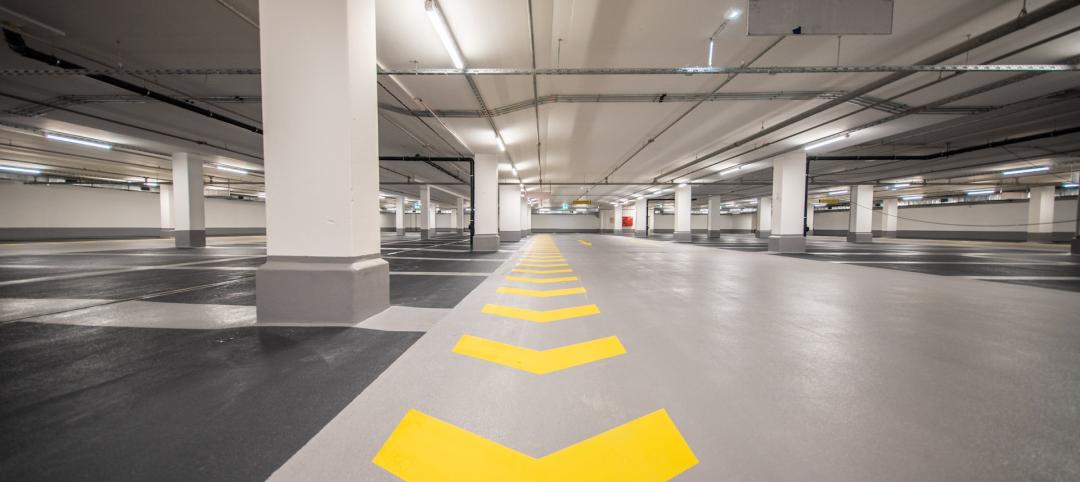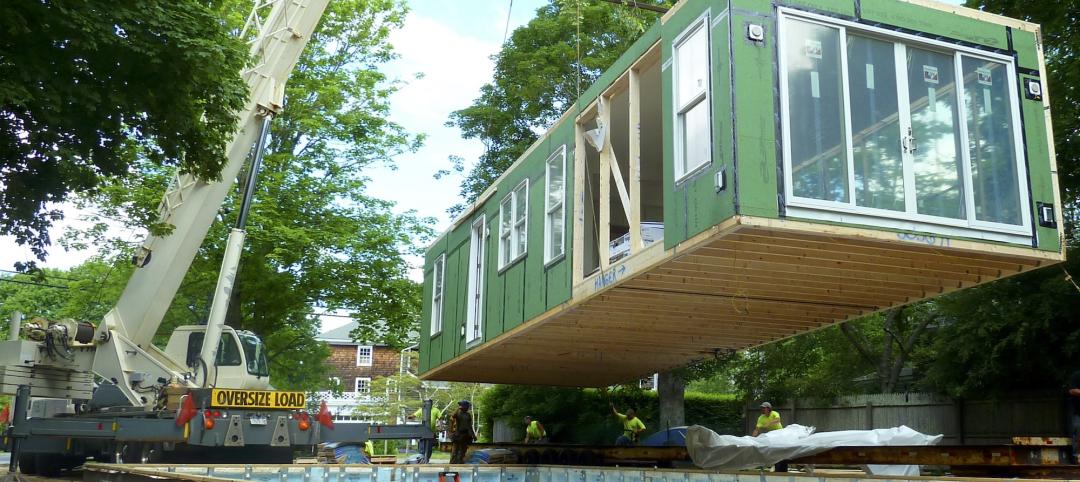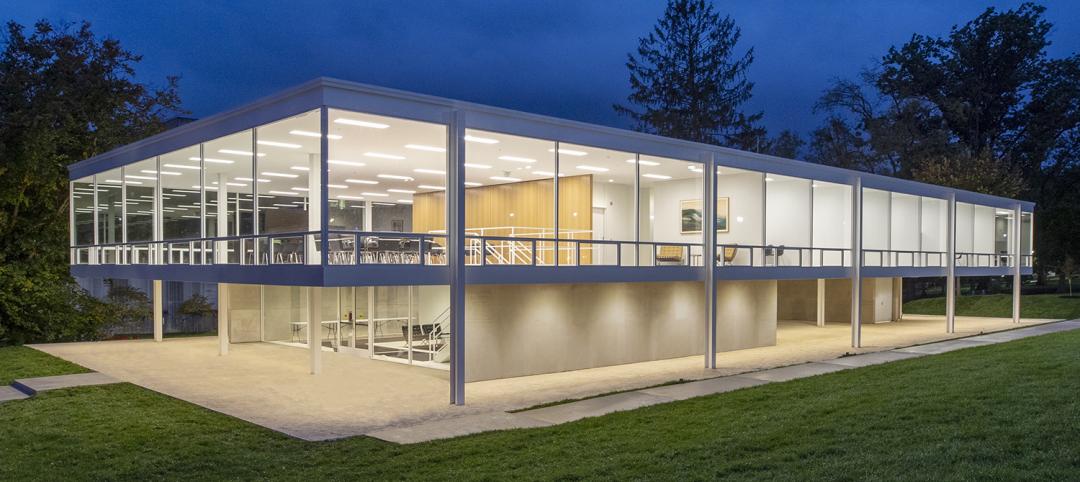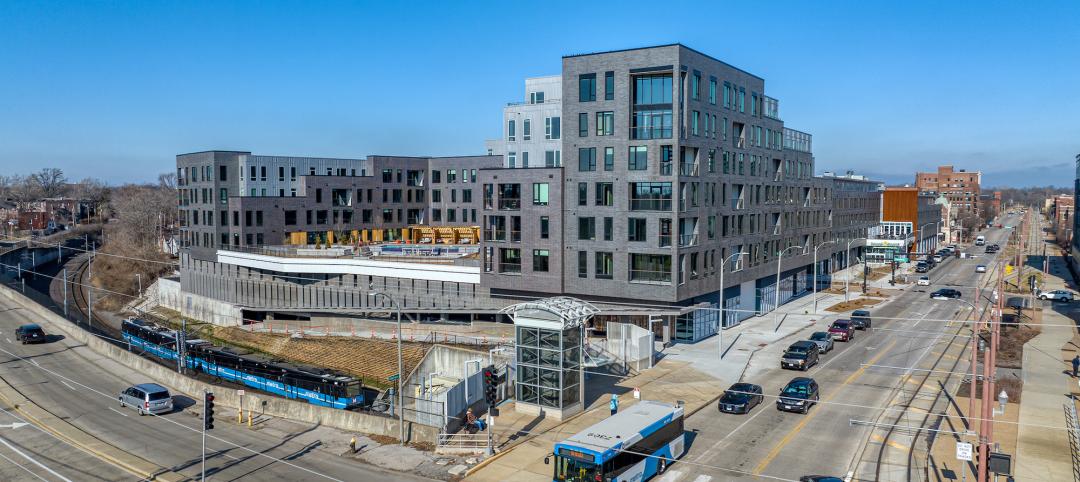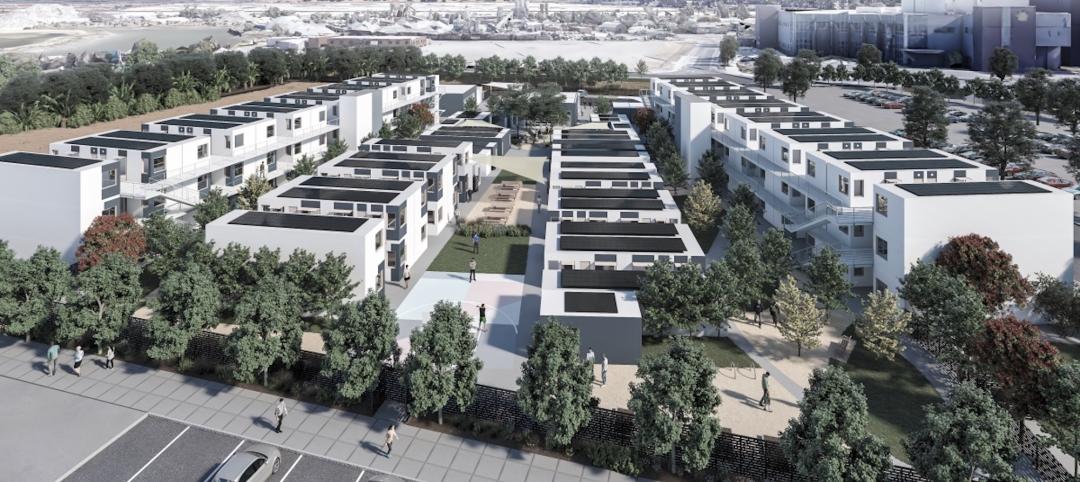BD+C: New Millennium recently announced that it was acquiring three plants from Commercial Metals Company. What is your strategy?
Gary Heasley: New Millennium is a little more than 10 years old. Our first plant was built in Butler, Ind., and in 2005, we launched our second plant, then made some acquisitions and expanded our presence in the eastern U.S. We had been planning to build a plant in the western U.S., but the economic crisis came forced us to shelve those plans.
This year, as our competitor, CMC, announced that they were exiting the joist and deck markets, we saw an opportunity to move that plan back to the forefront and expand coast to coast. We have customers that may be located in, say, Florida, who are building projects in California. That’s exactly the group we knew we couldn’t serve properly without a western presence. We went ahead with the acquisition, and we’re now ramping up those facilities. With these three new locations [Fallon, Nev., Hope, Ark., and Juarez, Mexico], we’ll better serve Texas, Arizona, New Mexico, California, all of the West and Southwest.
BD+C: When do you expect to be in production at these facilities?
GH: We’ll be hiring production crews in November. We have equipment from two plants in the East that we’ll be using to optimize the efficiencies and productivity of the three acquired plants. The communities are very excited to see us coming back, but we will ramp up gradually over time and add capacity as the market demands it.
Soon, customers in any state will be able to use us, and for many of them, we’ll be delivering product within the 500-mile radius to qualify for LEED. We’re seeing more and more requests for documentation to support LEED efforts.
BD+C: Why are you making a push to create BIM tools for your products?
GH: We saw BIM as an evolution design technology that is inevitably going to happen. Whether or not it becomes universally used, we saw that it was important to more and more customers. So we put a team on that and built our first Dynamic Joist steel joist BIM module for Tekla Structures. It’s now available on our website.
The response has been tremendous, and we’re already seeing projects designed with the tool, and getting great feedback on how it’s being used.
BD+C: How can your company help Building Teams on their projects?
GH: If we can be part of the design team early in the process, then we can bring our specialty joists to the project, either to make the project more efficient and cost effective, or to add an architectural element that would not have been available if the Building Team had just been thinking of joists in a conventional way.
For example, the other day I was in our shop and watched our team fabricate some joists with a very unique curved design. Those joists will add an architectural element to the building that could not have been achieved had we not been involved early in the project. If we are involved early, we can have an influence, in suggesting creative architectural elements, or in making sure the project is more efficiently designed. We find we can often save owners money when we have the opportunity to add value through engineering.
If you look at joists as a simple commodity, you’re not going to be able to take advantage of opportunities to use joist design to make the projects more architecturally interesting and cost-effective.
BD+C: Any other concerns in dealing with Building Teams?
GH: The RFI process. One of the real challenges we are facing now is getting RFIs answered by our customers, whether that’s the structural engineer, or the owner, or the architect—it could be anyone involved in the project, depending on the job. The RFIs come back so late that everything becomes a rush. It would be great if we could get responses back more quickly, so that we can optimize our engineering for your job and help the project team avoid delays. If RFIs are received late, engineering and fabrication can be pushed back to the point that there are problems with delivery schedules, and that’s obviously bad for everyone involved.
BD+C: How much of a factor is design-build in the steel joist industry?
GH: It’s relatively small today, but we expect it to grow as a share of the construction market, and we’re making sure that we’re in a position to be part of those teams, so we can add value to projects that are being built under the design-build model.
BD+C: What are you seeing in terms of demand for joists in this economy?
GH: The steel joist industry is essentially flat year over year from 2009. There was some slight improvement in the first half of 2010, but then we gave it all back as industry bookings slowed in July and August. It’s bumpy out there. Some months are good, some bad. In terms of an economic recovery, it’s going to be long and slow as financing markets improve, as vacancies are absorbed, and as companies are more comfortable making capital investments.
BD+C: And your thoughts on the nonresidential construction market?
GH: We think that growth is going to be slow, but generally upward, not any dramatic change in the nonresidential market. We’ve run models at a number of different growth rates but it’s very difficult to predict such factors as the availability of financing. Right now, it’s about getting the job done every day in a very competitive market—watching our costs, productivity, and maintaining the highest level of customer service. BD+C
Related Stories
Giants 400 | Feb 6, 2023
2022 Religious Sector Giants: Top architecture, engineering, and construction firms in the U.S. religious facility construction sector
HOK, Parkhill, KPFF, Shawmut Design and Construction, and Wiss, Janney, Elstner head BD+C's rankings of the nation's largest religious facility sector architecture, engineering, and construction firms, as reported in the 2022 Giants 400 Report.
Giants 400 | Feb 6, 2023
2022 Justice Facility Sector Giants: Top architecture, engineering, and construction firms in the U.S. justice facility/public safety sector
Stantec, DLR Group, Turner Construction, STO Building Group, AECOM, and Dewberry top BD+C's rankings of the nation's largest architecture, engineering, and construction firms for justice facility/public safety buildings work, including correctional facilities, fire stations, jails, police stations, and prisons, as reported in the 2022 Giants 400 Report.
Giants 400 | Feb 6, 2023
2022 Parking Structure Giants: Top architecture, engineering, and construction firms in the U.S. parking structure sector
Choate Parking Consultants, Walker Consultants, Kimley-Horn, PCL, and Balfour Beatty top BD+C's rankings of the nation's largest parking structure sector architecture, engineering, and construction firms, as reported in the 2022 Giants 400 Report.
Market Data | Feb 6, 2023
Nonresidential construction spending dips 0.5% in December 2022
National nonresidential construction spending decreased by 0.5% in December, according to an Associated Builders and Contractors analysis of data published today by the U.S. Census Bureau. On a seasonally adjusted annualized basis, nonresidential spending totaled $943.5 billion for the month.
Giants 400 | Feb 3, 2023
Top Workplace/Interior Fitout Architecture, Engineering, and Construction Firms for 2022
Gensler, Interior Architects, AECOM, STO Building Group, and CBRE top the ranking of the nation's largest workplace/interior fitout architecture, engineering, and construction firms, as reported in Building Design+Construction's 2022 Giants 400 Report.
Multifamily Housing | Feb 3, 2023
HUD unveils report to help multifamily housing developers overcome barriers to offsite construction
The U.S. Department of Housing and Urban Development, in partnership with the National Institute of Building Sciences and MOD X, has released the Offsite Construction for Housing: Research Roadmap, a strategic report that presents the key knowledge gaps and research needs to overcome the barriers and challenges to offsite construction.
Steel Buildings | Feb 3, 2023
Top 10 structural steel building projects for 2023
A Mies van der Rohe-designed art and architecture school at Indiana University and Morphosis Architects' Orange County Museum of Art in Costa Mesa, Calif., are among 10 projects to win IDEAS² Awards from the American Institute of Steel Construction.
Multifamily Housing | Feb 2, 2023
St. Louis’s first transit-oriented multifamily development opens in historic Skinker DeBaliviere neighborhood
St. Louis’s first major transit-oriented, multi-family development recently opened with 287 apartments available for rent. The $71 million Expo at Forest Park project includes a network of pathways to accommodate many modes of transportation including ride share, the region’s Metro Transit system, a trolley line, pedestrian traffic, automobiles, and bike traffic on the 7-mile St. Vincent Greenway Trail.
Giants 400 | Feb 2, 2023
2022 Convention Center Sector Giants: Top architecture, engineering, and construction firms in the U.S. convention and conference facilities sector
Clark Group, EUA, KPFF, Populous, TVS, and Walter P Moore top BD+C's rankings of the nation's largest convention and conference facilities architecture, engineering, and construction firms, as reported in the 2022 Giants 400 Report.
Multifamily Housing | Feb 1, 2023
Step(1) housing: A new approach to sheltering unhoused people in Redwood City, Calif.
A novel solution to homelessness will open soon in Redwood City, Calif. The compact residential campus employs modular units to create individual sleeping units, most with private bathrooms. The 240 units of housing will be accompanied by shared services and community spaces. Instead of the congregate dorm-style shelters found in many U.S. cities, this approach gives each resident a private, lockable, conditioned sleeping space.



